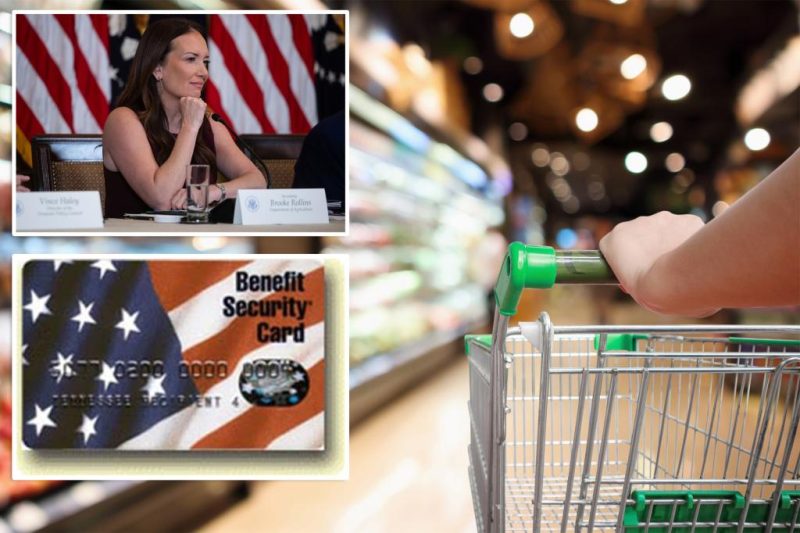
The debate surrounding the Supplemental Nutrition Assistance Program (SNAP), commonly known as food stamps, has taken a dramatic turn. Recent statements from former Trump administration officials suggest a potential push to further restrict the types of food that can be purchased with SNAP benefits. This isn’t a new idea; several states have already implemented restrictions on purchasing sugary drinks and processed snacks with food stamps. However, the prospect of a wider, nationwide ban is causing significant controversy.
During a Make America Healthy Again (MAHA) event, former Department of Agriculture Secretary Brooke Rollins hinted at a potential expansion of these restrictions. While the specifics remain unclear, the statement suggests a renewed effort by certain factions within the government to influence dietary choices through SNAP policy. This raises concerns about the impact on low-income families who rely on the program for sustenance.
Proponents of these restrictions argue that limiting access to unhealthy food options will improve public health outcomes and reduce the burden on the healthcare system. They point to the rising rates of obesity and diet-related diseases as evidence of the need for such measures. However, critics argue that these restrictions are overly punitive and unfairly target vulnerable populations. They contend that such bans place undue limitations on food choices and could lead to nutritional deficiencies if families are unable to afford healthier alternatives.
The debate highlights a complex interplay between public health concerns, economic realities, and personal choice. The question isn’t simply whether or not people should eat healthy, but rather who should bear the responsibility for ensuring healthy diets, and how far the government should intervene in personal food choices. While the exact future of SNAP restrictions remains uncertain, the recent statements underscore the ongoing tension between public health goals and individual autonomy, particularly for those facing food insecurity. The conversation promises to continue as advocates on both sides weigh in.










